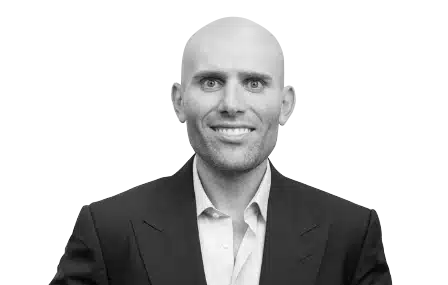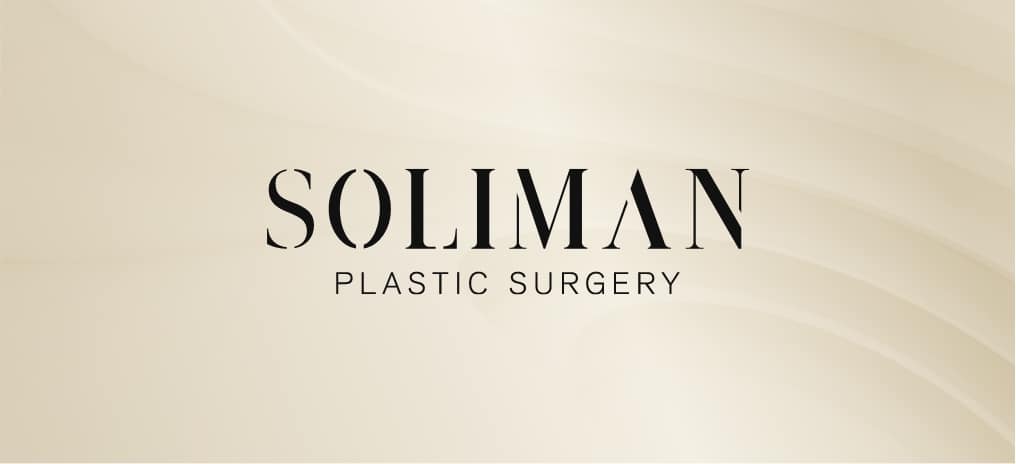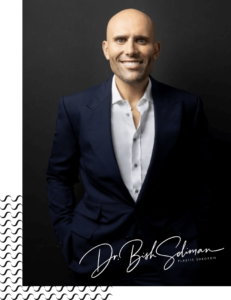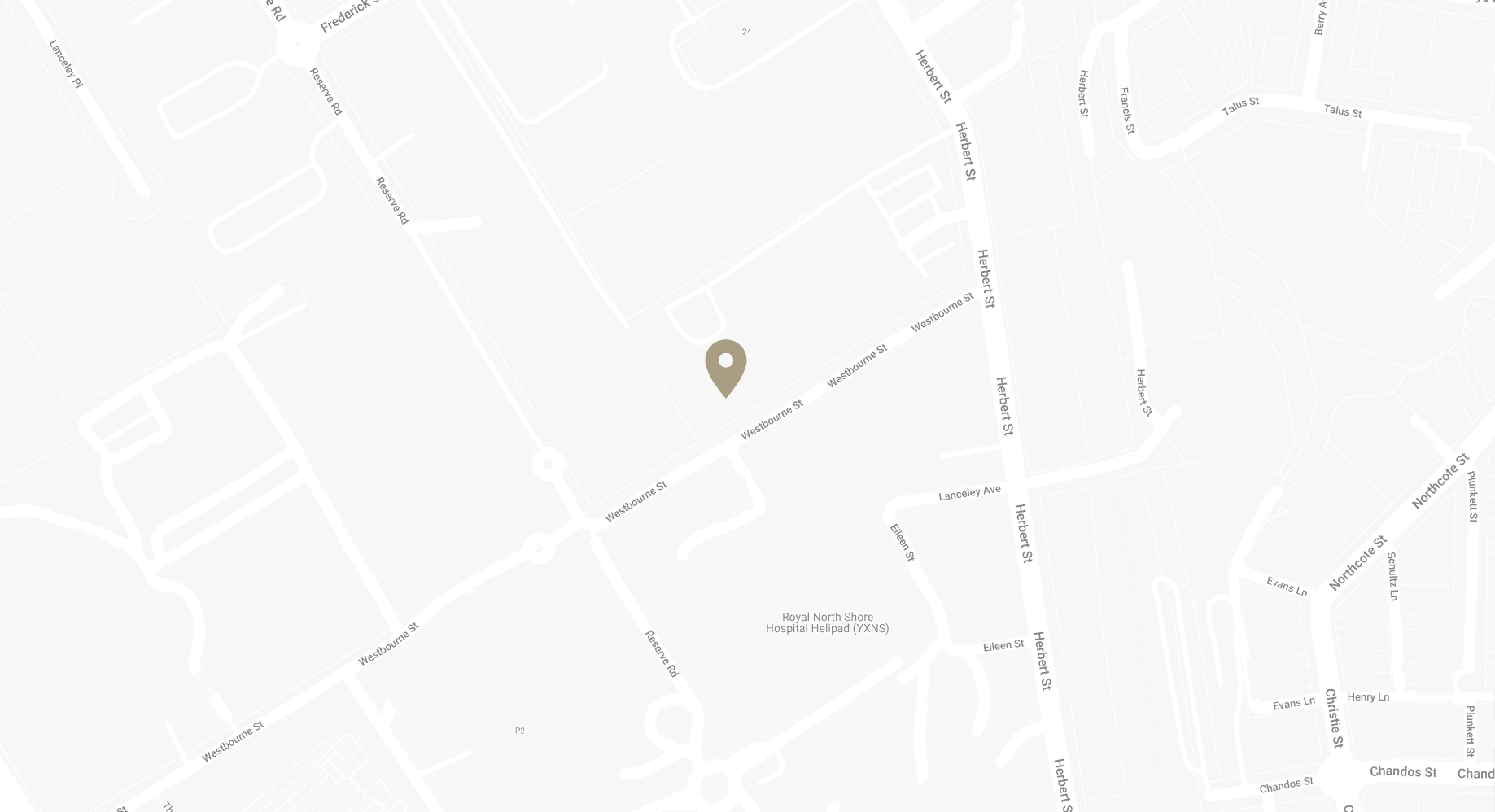What You Need To Know about Private Health Insurance for Plastic Surgery in Australia
When thinking about getting plastic surgery, one of the first things people worry about is how much it will cost and whether private health insurance will help pay for it. Private health insurance can cover things that are deemed medically necessary, so people wonder if it also includes plastic surgery. However, in Australia, most private health insurance usually doesn’t cover cosmetic surgeries unless they’re necessary for medical reasons.
In this blog, Sydney Specialist Plastic Surgeon Dr Bish Soliman will discuss the details of private health insurance for plastic surgery in Australia.
What Is Plastic Surgery?
Before we get into health insurance, let’s understand the differences between plastic, reconstructive, and cosmetic surgeries.
Plastic surgery changes how someone looks and fixes issues with features of the body or face, either from birth defect or due to accidents, illness, or past surgeries. There are two types: reconstructive and cosmetic.
Reconstructive surgery is medically necessary to fix unusual or damaged body parts caused by injuries, diseases, or birth issues. It includes:
- Fixing a broken nose
- Rebuilding damaged body parts
- Breast reconstruction after cancer surgery
- Skin treatments for severe burns
- Repairing birth issues like cleft palate
- Removing cancers or tumours
On the other hand, cosmetic surgery (also called elective plastic surgery) is not medically needed. It’s just to change how someone looks for aesthetic purposes.
What Does Private Health Insurance in Australia Cover?
Private health insurance covers things Medicare doesn’t, like physiotherapy and glasses. You might also get hospital care as a private patient with your policy. It all depends on your specific policy
There are three types of private health insurance:
- Hospital policies cover hospital visits.
- General treatment policies (extras) cover things like dental or physiotherapy.
- Ambulance policies cover ambulance rides.
In Australia, there are four levels of private health insurance: basic, bronze, silver, and gold.
- Gold: Covers lots of private hospital treatments with minimal extra costs.
- Silver: Covers private hospital treatment with a bit extra to pay.
- Bronze: Covers private hospital treatments with higher extra payments.
- Basic: Usually has limited private hospital coverage.
Your private health insurance might cover:
- Hospital stays
- Anaesthesia fees
- Medication costs
- Pre and post-surgery tests or consultations
But, these benefits are often included in comprehensive or “top-up health cover” policies.
Private health insurance doesn’t cover:
- Visits to GPs
- Consultations with specialists outside hospitals
- Out-of-hospital tests
These things are usually covered by Medicare. Also, some natural therapies like yoga might not be covered by private health insurance. You can check out the restrictions on covering some natural therapies in private health insurance policies here.
Before choosing insurance, ask about what’s covered and when you can make a claim. You can find a list of different private health insurers in Australia by clicking this link.
Does Private Health Insurance in Australia Cover Plastic Surgery?
Whether your private health insurance in Australia covers plastic surgery depends on why you need it.
If it’s necessary due to accidents, medical conditions, or trauma, your private insurance might help with the costs. This usually includes reconstructive surgeries to fix injuries, burns, congenital problems like excessively large breasts or cleft palate, or correction of severely asymmetric breasts.
But for surgeries purely for looks (purely cosmetic) insurance won’t cover it because they’re not medically needed.
If you have certain hospital cover policies like silver, silver plus, or gold, your insurance may pay for things like hospital stays, surgery, doctor fees, and tests related to these reconstructive surgeries.
Remember, even with insurance, you might still need to pay some money, like excess payments or co-payments. It’s a good idea to compare different policies to understand what they cover and what you might have to pay.
Certain websites – like Health Insurance for Cosmetic Surgery | Finder – can help you compare your options and pick the best one for your needs.
How Can I Find Out Whether My Private Health Insurance Might Cover My Plastic Surgery?
Australia has two healthcare systems: Medicare for public health and private health insurance for extra coverage. Medicare doesn’t pay for cosmetic surgeries that are just for aesthetic purposes.
In Australia, private health insurance also doesn’t cover cosmetic surgeries. But it might help with important plastic surgeries that fix problems from injury or medically necessary interventions.
To check if your private insurance covers your surgery, see if it has a Medicare item number (you can use this link to search the Medicare Benefits Schedule online). If it does and matches Medicare’s details, you’ll get a Medicare rebate.
If your plastic surgery has a Medicare item number, your private health insurance might help pay for it. It can lower your costs, but you might still have to pay an excess based on your policy.
Cosmetic surgeries like a facelift for example don’t have Medicare item numbers, so private insurance won’t pay for them.
What Are Some Plastic Surgeries Covered By Private Health Insurance in Australia?
Your private health insurance might cover certain plastic surgeries if they’re considered medically necessary and have a Medicare item number. Here are some surgeries private health insurance in Australia could cover:
- Abdominoplasty (tummy tuck) to fix issues after pregnancy or significant weight loss.
- Skin reduction surgery after significant weight loss or Bariatric surgery.
- Breast reconstruction after mastectomy using tissue from the patient’s body.
- Breast Reduction for excessively large breasts
- Eyelid surgery (blepharoplasty) for specific medical reasons causing vision problems or discomfort.
- Septoplasty to fix a deviated septum.
What Are Some Plastic Surgery Procedures Not Covered By Private Health Insurance in Australia?
Private health insurance in Australia usually doesn’t cover surgeries and procedures that are purely for cosmetic reasons. These include:
- Liposuction
- Breast implants – except when used for asymmetry correction
- Abdominoplasty, except when medically necessary
- Rhinoplasty (nose reshaping)
- Facelift
- Butt lift
- Brow lift
- Eyelid surgery, unless medically necessary
- Chin augmentation
- Neuromodulator injections and face fillers
How Do I Compare Health Insurance Policies for Plastic Surgery?
You should consider a few important things when comparing health insurance for necessary plastic or reconstructive surgery:
- Coverage Level: Compare similar hospital cover policies, like silver or gold.
- Excess and Co-payments: Check how much you’ll pay for your hospital stay (excess). Cheaper plans usually have higher excesses. Also, see if there are co-payments for hospital visits.
- Inclusions and Exclusions: Look into what each policy covers or doesn’t cover. Read their product information documents to understand the details.
- Understand the terms and conditions – is your issue considered a “pre-existing” condition
By looking into these factors, you can find the insurer and policy that suits your needs for this kind of surgery.
For more information on private health insurance in Australia, visit this link.
What is a Waiting Period in Private Health Insurance?
Private health insurance has waiting periods before you can use certain services covered by your policy. These periods help prevent misuse, ensuring people don’t join, make significant claims, and then leave, which could raise premiums for everyone. Here’s what you should understand:
- Waiting periods apply when you start a new policy or increase your cover, except for accidents after joining.
- Government rules define waiting periods: 12 months for pre-existing conditions, pregnancy, and birth, and 2 months for psychiatric care or other treatments.
- A pre-existing condition is one that showed signs in the 6 months before you obtained your insurance.
- Even if you were unaware of a condition, it might still be considered pre-existing.
- Your insurer’s doctor determines if your condition is pre-existing by reviewing your doctor’s information.
- Insurers must offer any cover at the same price to everyone, but waiting periods for pre-existing conditions apply.
You can visit this link to learn more about waiting periods for private health insurance.
FAQs about Private Health Insurance for Plastic Surgery in Australia
Is plastic surgery in Australia covered by Medicare?
- You may be eligible for a Medicare rebate if your plastic surgery is medically necessary. However, even if your surgery is necessary for your health, you’ll still have to pay some expenses. Medicare might cover part of it, but you’ll need to pay the rest, along with extra charges like anaesthesia and hospital fees.
What type of health insurance in Australia covers medically necessary plastic and reconstructive surgery?
- Gold and silver hospital insurance plans usually help with the expenses for necessary procedures, covering over 1,600 surgeries in the Medicare Benefits Schedule.
Is private insurance for plastic surgery in Australia necessary?
- If your surgery is necessary for medical reasons and has a Medicare Benefits Schedule number, your private insurance may help pay for it. But if the surgery is for cosmetic reasons, your insurance won’t cover the costs. So, you don’t need to have private insurance to get plastic surgery, but it can help you cut some costs if your surgery is medically necessary.
Does private health insurance cover anaesthetists?
- Anaesthetists set their fees depending on how complex and long the surgery is. Medicare and private health funds may pay back some of this fee. If what the anaesthetist charges isn’t fully covered by Medicare or your health fund, you’ll have to pay the remaining amount yourself, which is called an ‘insurance shortfall’ or ‘out-of-pocket’ cost.
What are the most popular private health insurers in Australia?
- The top ten private health funds in Australia by market share (according to Savvy) are as follows: Medibank Private and AHM; Bupa; HCF (including RT Health); NIB Health; HBF Health; Teachers Health Fund; Australian Unity; GMHBA (including health.com.au); Defence Health; CBHS.
Read more about Surgery with Sydney Specialist Plastic Surgeon Dr Bish Soliman
- Read Dr Bish Soliman’s DIEP Breast Reconstruction Surgery Page
- Read Dr Bish Soliman’s Skin Cancer Surgery Page
- Read Dr Bish Soliman’s Facial Reconstruction Surgery Page
- Read Dr Bish Soliman’s Risks of Surgery Page
- Read Dr Bish Soliman’s Abdominoplasty Surgery Page
Medical References about Private Health Insurance and Plastic Surgery in Australia
- Australia | International Health Care System Profiles | Commonwealth Fund
- Medicare Benefits Schedule Review Taskforce Report from the Plastic and Reconstructive Surgery Clinical Committee
- Plastic and Reconstructive Surgery | Commonwealth Ombudsman
- Australian Society Of Plastic Surgeons
- What private health insurance covers | Australian Government Department of Health and Aged Care



